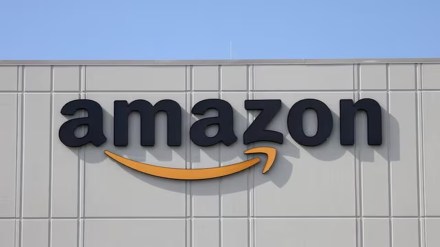Amazon has launched its quick commerce service, Amazon Now, in select areas of New Delhi, marking its second city entry after Bengaluru. The expansion highlights the company’s growing focus on the quick commerce segment, which promises delivery within minutes and has become increasingly competitive.
The pilot programme for Amazon Now began late last year in Bengaluru, aiming to tap into a consumer base that demands near-instant delivery of groceries and daily essentials. Encouraged by the initial reception, especially from Prime members, Amazon has now extended the service to parts of Delhi and is planning further rollouts in other metros.
“We are running our 10-minute delivery service Amazon Now in select pin-codes in Bengaluru and Delhi, and are excited with the initial customer response and positive feedback, especially from Prime members,” said a company spokesperson. “Based on this, we are now expanding the service over the next few months.”
While Amazon and Flipkart were relatively late to the quick commerce space, they are now investing heavily to gain market share. Flipkart is also strengthening its quick delivery unit, Flipkart Minutes, by increasing its network of dark stores. These efforts aim to compete with early movers like Blinkit, Zepto, and Instamart, which currently dominate the category.
Analysts note that the quick commerce segment was initially viewed by major e-commerce platforms as a marginal play, largely catering to low-ticket grocery orders. However, the expansion of dark store infrastructure and broader product availability have repositioned it as a more direct challenge to traditional e-commerce.
“Q-comm is increasingly being perceived as a direct threat to the broader e-commerce landscape,” analysts at Emkay Global said, highlighting the model’s growing appeal and scale.
To support the expansion without building new standalone platforms, both Amazon and Flipkart are integrating quick commerce features into their main apps. This strategy helps them reduce time-to-market and optimise customer acquisition costs by leveraging existing traffic.
Industry executives said that Amazon had originally planned to limit the Amazon Now pilot to Bengaluru until December. But with strong traction in that market, it accelerated the timeline to include Delhi and is expected to roll out the service in Mumbai before the year ends.
Beyond quick commerce, Amazon is also scaling up its broader logistics capabilities. The company plans to invest around Rs 2,000 crore to expand its network of fulfillment centres, which will also support the rapid delivery demands of Amazon Now. Currently, over 1 million products are available for same-day delivery in major cities, with another 4 million eligible for next-day shipping.
This infrastructure push is likely to become a key pillar in Amazon’s competitive strategy in the q-comm space.
